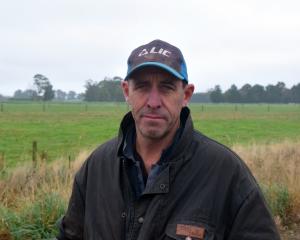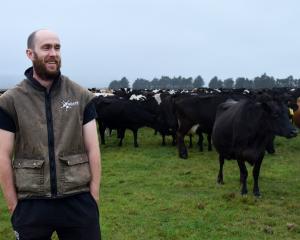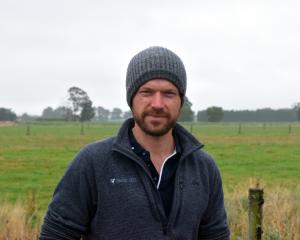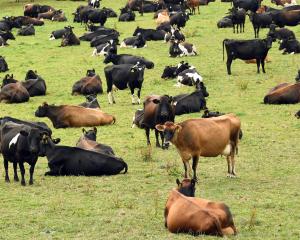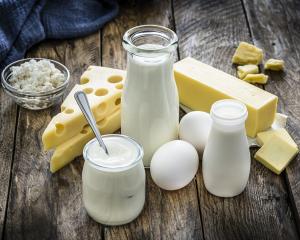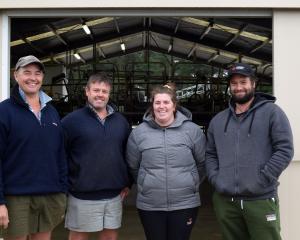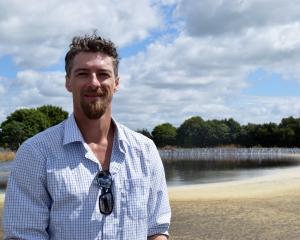
That in turn has relieved some of the concerns around feed for many farmers, DairyNZ regional leader Southland and South Otago Ollie Knowles says.
"We have heard about 30 to 70 animals are still on farm on average, with a few outliers with a few hundred on farm, and then there are a number of farms now with all culls gone.
"If anyone is in a dire situation the processors will prioritise their animals accordingly."
Meat Industry Association chief executive Sirma Karapeeva said the meat processing sector was more than two-thirds through the cull cow processing in the South Island.
"We expect processing capacity to match demand from farmers by mid-late June," Ms Karapeeva said.
The sector had been operating under a set of strict rules to ensure the continuing operations did not contribute to the spread of Covid-19.
The protocol resulted in a reduction in processing capacity across the sector and unavoidable waiting times for farmers, she said.
"Processing plants are now working under an Alert Level 1 protocol and the industry is back at normalised capacity.
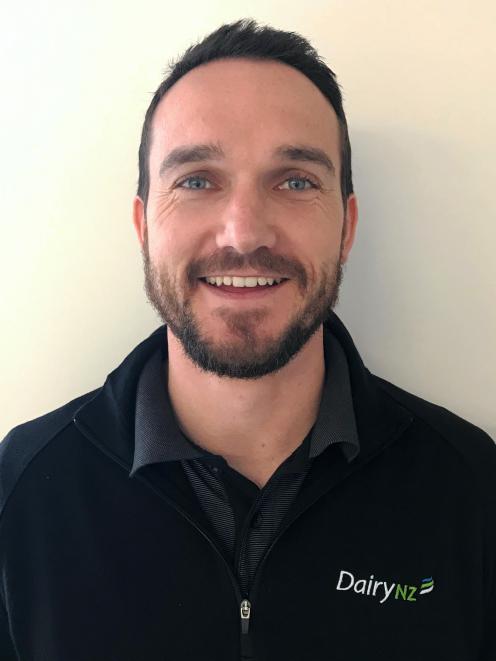
"Plants have been operating overtime and additional shifts to clear the back-log of cull cows while ensuring we can continue to keep people safe.
"Companies have also been prioritising animals from loyal suppliers and shareholders."
DairyNZ animal care team manager Helen Thoday said they understood meat processors were doing everything they could to catch up on the higher than usual number of cull cows farmers had on farms in Southland.
"DairyNZ is encouraging farmers to make sure they have a contingency plan in place to be able to manage their cull cows for a bit longer.
"It is important the condition of the cull cows isn’t jeopardised and it is positive to hear they are getting to the processors in good condition.
"Also, we are encouraging farmers who are considering grazing roadsides to talk to their regional council."
Mr Knowles advised farmers to stay in contact with their cull cow buyer if they still had animals on farm
"If you’re still carrying animals on the milking platform it is advised you get in touch with local council in case there are any consent variation requirements you are obligated to review."


